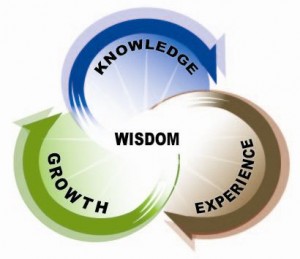A common misconception many people have about The Civic Mirror (and other game-based learning programs) is that it replaces traditional instruction – those moments where teachers explain key facts and concepts to their students. Nothing could be further from the truth.
In fact, if you look at the various Civic Mirror course packs and unit plans we’ve put together, you’ll see that we recommend educators devote a significant amount of time for good ole’ instruction and discussion. And referencing the “Reflection & Connection” piece that we believe is so important, most of the teachable moments the program provides would remain “untapped” unless fleshed out by the educator.
Another important point, as this video demonstrates, is that The Civic Mirror helps to make course readings more relevant and meaningful: Students can use and apply what they’re reading to their own country/citizen scenario. For example, the lecture shown in this video about the legal system was intentionally scheduled to occur right before the students’ first National Court event when their interest in the subject matter would be at its highest. As a result, the text became a playbook full of information and strategies the students could use in their own simulated scenario.
In sum, The Civic Mirror does not replace traditional instruction. If anything, it makes it more potent and relevant for students who would otherwise have no arena to use what they’re learning.
DO YOU HAVE QUESTIONS OR COMMENTS ABOUT THIS CIVIC MIRROR VIDEO TUTORIAL?
Please leave them below and join the discussion!
ARE YOU WONDERING WHAT THE CIVIC MIRROR IS?
Basically it’s a government and economics simulation that turns classrooms into countries and students into citizens. Far more than just a game, The Civic Mirror is a fully comprehensive civic education program that turns the old rules of teaching and learning on their head. Students actively assume real-world citizenship roles – both in the classroom and online – and work as individuals to provide for imaginary families and achieve hidden agendas, while working together to build a strong, democratic nation.
FOR MORE INFORMATION, VISIT CIVICMIRROR.COM.
FOR THE COMPLETE CIVIC MIRROR EVENT SUMMARY, CLICK HERE .

